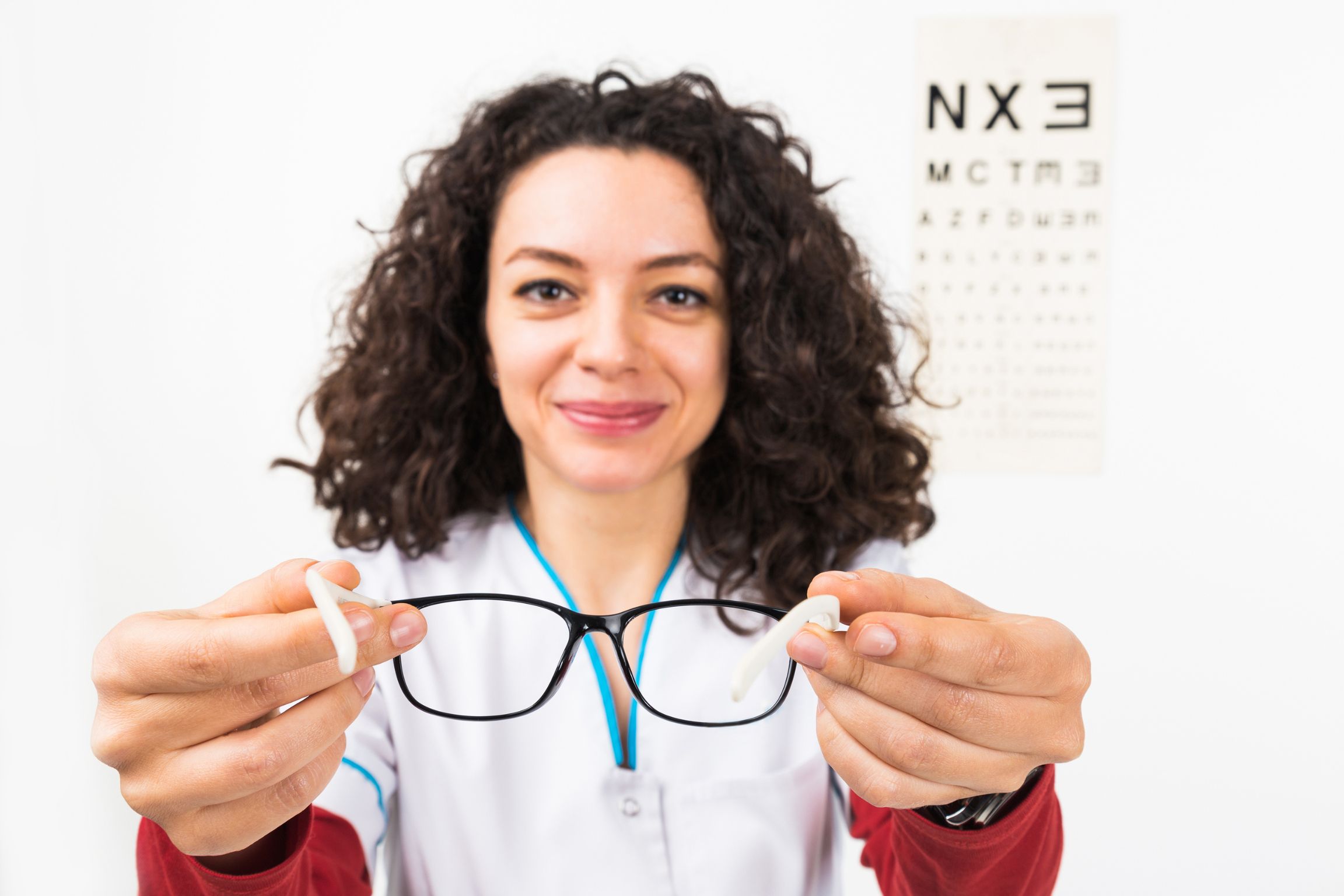
Welcome to Question of the Day #384
EyeTools Question of the Day #384
I work in community practice as an eye care practitioner. Some of my patients are so overwhelmed with information during their eye examination and dispensing that they leave the practice without purchasing new glasses. How can I prevent information overload and create a relaxed dispensing process?
I recently read an article on patient-centred care. The full piece can be found here https://eyesoneyecare.com/resources/patient-care/ Below I summarise how I think it can be applied in community practice. In the article, the author describes the traditional approach as: ‘A 42-year-old woman is experiencing near vision blur.
She finds an eye care practitioner and makes an appointment. During her exam, the doctor determines that she is presbyopic. She proceeds to dispensing and is confused. She is then informed that her progressive lenses will cost the same as she earns in a month. Anxiety about the price and the mass of information leads her to walk out of the practice.
’ The author describes a new approach as: ‘42-year-old woman has blurry near vision, finds a doctor, and makes an appointment. Using communication technology, office staff triages her situation, and delivers personalised messages to her several times before her visit.’ This can also be done in a less personalised way by providing patients who make an appointment by coming into the practice with easy-to-understand written information on common reasons for having blurry near vision in middle years and the possible solutions.
Not all practices and not all patients have communication technology. Communication technology can be used to learn about other activities such as driving and sport so an anti-reflection coating and shatter-resistant lenses can be advised. ‘In this new model, the woman has an experience that is designed more to her needs, which results in better outcomes for her and for the practitioner.’ ‘Patients can be primed with potential diagnoses and solutions that will improve health and increase quality of life before the examination.’ We need to listen, speak, educate and solve problems on an individual patient basis. That is patient-centred care and it is what will keep patients happy and lead to a prosperous business.



1.jpg)



.jpg)
.jpg)



_(Instagram_Post).jpg)
.jpg)
_(1080_x_1080_px).jpg)


with_UP_Cabinet_Minister_Sh_Nand_Gopal_Gupta_at_OpticsFair_demonstrating_Refraction.jpg)
with_UP_Cabinet_Minister_Sh_Nand_Gopal_Gupta_at_OpticsFair_demonstrating_Refraction_(1).jpg)

.jpg)








.jpg)



.png)




